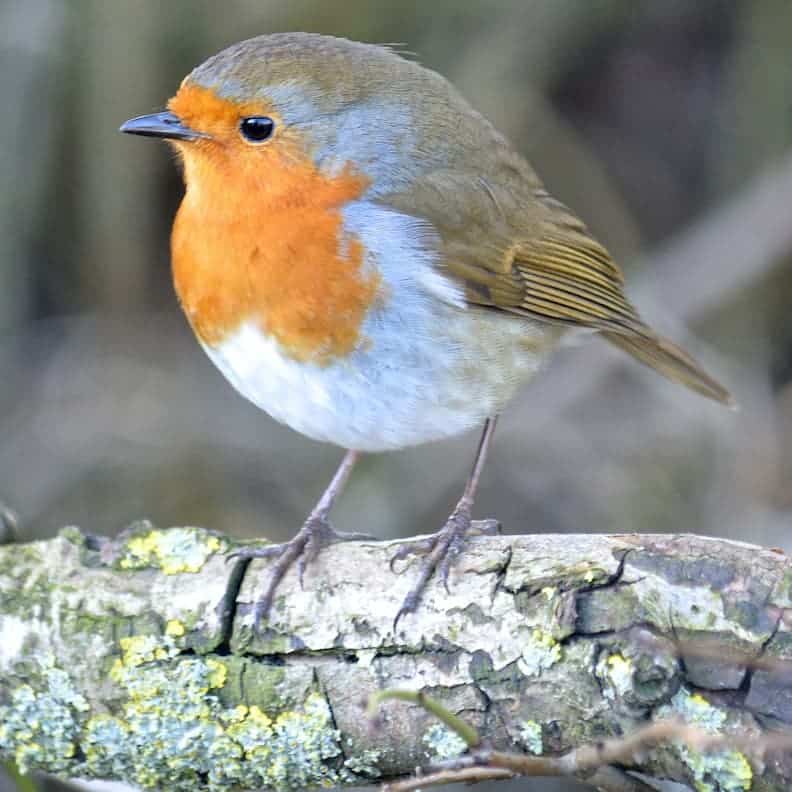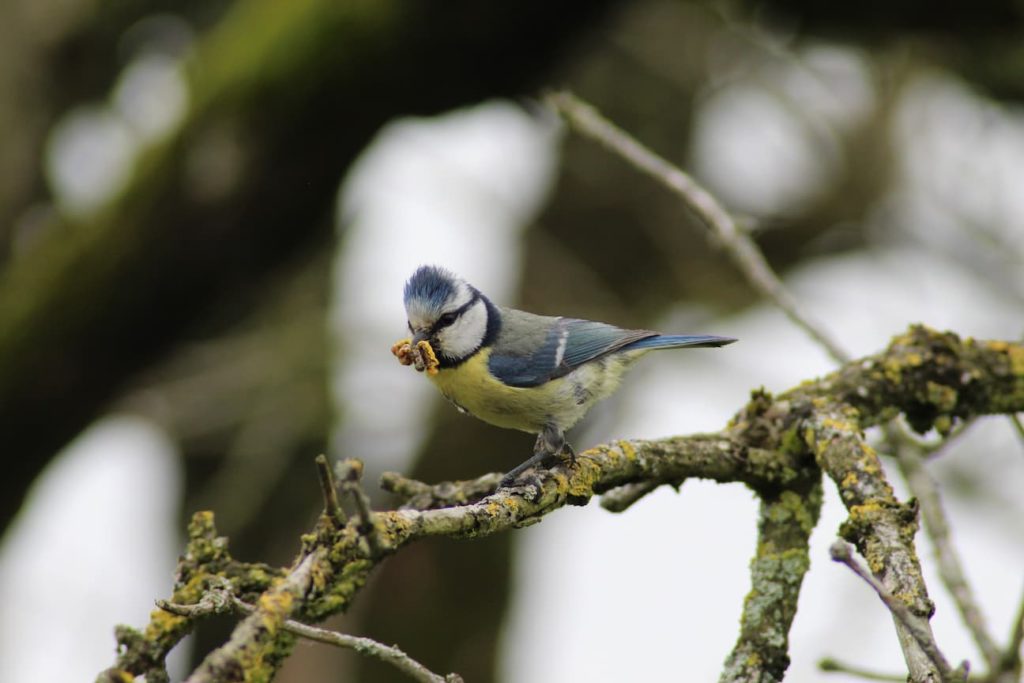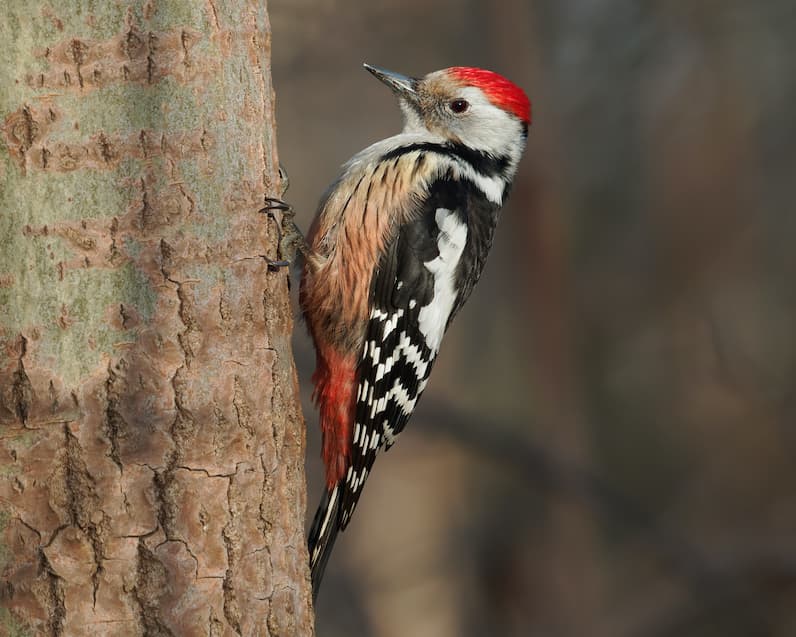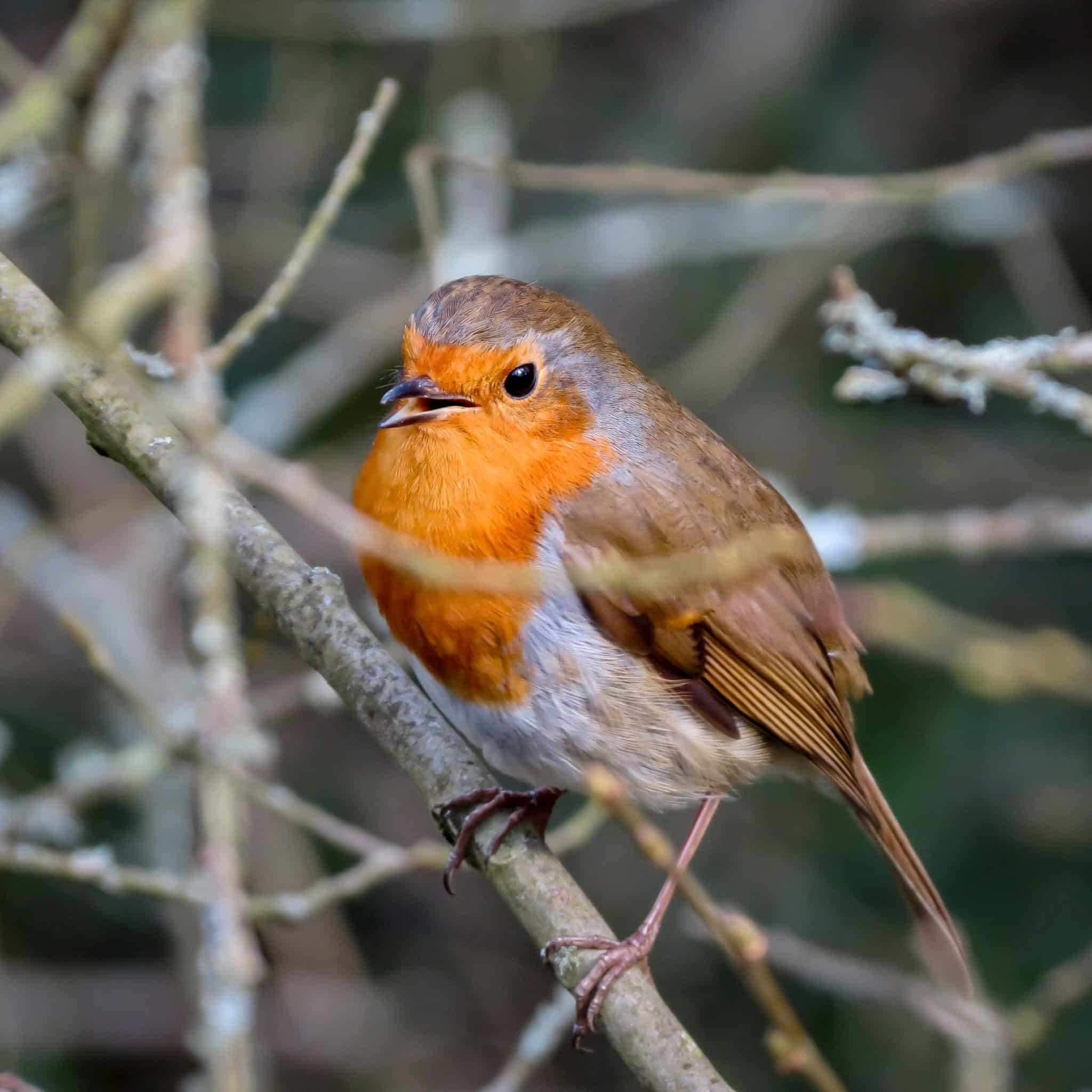Bird Watching Tips and Tricks
Bird watching, a calming and tranquil hobby, it takes time, patience, and skills. No matter where you are you can bird watch. However, there are some techniques that are useful when it comes to watching the beautiful birds hopping from tree to tree. Here is a list of tips and tricks to help you when next bird watching.

- Limit the noise – It’s important to be as quiet as you possibly can when bird watching, birds are very easily spooked so limiting the noise will help keep the birds from not noticing you. Birds also have incredible hearing and can hear much more than humans can so even when we think we are being quiet enough we might not be. So, remember to be even quieter than you think you need to be.
- Be still- Just like noise birds are very easily scared with movement. Birds have adapted to be vigilant with predators and how to avoid and escape them, meaning they can pick up on every noise and every movement. Avoid fast movements or any movements that may rustle leaves around you. You want to get as close to the bird as possible which will only be possible when you’re so quiet and still that it’s almost like you’re not even there. Even reaching down to grab your binoculars or to get a drink could startle a bird so keep that in mind when spotting your next robin.
- Look into their home- Birds are very complex and so are their habitats, take a little time and study their ecosystem and get familiar with their habitat. It’s important to investigate where the bird you’re looking for stays. For example, woodpeckers stay near trees so that is where you’d be based. Robins like to nest near the ground in hollows, nooks and crannies and climbing plants like ivy.

4. The birds come first- It’s important to put the bird’s interest first. After all, you are entering their home, you wouldn’t appreciate it if someone walked into your home being loud and messing and disturbing your peace, keep that in mind when watching birds. Most species of bird are very easily thrown off, by this we mean if something disrupts their home, they can start acting differently and become distressed. Distress in birds can have a bad impact on their young and themselves.
5. Join a group- Birdwatching can take hours and it can get lonely so it’s best to join a group of like-minded people. Not only does joining a group keep you company but, it’s also beneficial to chat amongst fellow bird lovers and share tips with each other. Joining a group has a lot of mental health benefits, it gets you outside, you meet new people, and it gives you an incentive to get out of bed and explore the outdoors. Being in the outdoors where you must be still and quiet is good for mental and physical health.
6. Stick to the neutral tones- Most birds have bad colour vision and struggle with colours however, they can pick up on bright solid tones like white. Try sticking to darks and earthy tones, this will help you blend into your surroundings and be way less visible to birds. You want to draw as little attention to yourself as possible.
7. Pishing- Sometimes no matter how talented you are at keeping still and silent it’s just not enough. Bird watchers use a technique called pishing. Pishing is where you make small high-pitched noises often squeaky whistle noises appeal to birds, and they are more likely to appear. Small birds are intrigued by these noises and pop out to investigate giving you the perfect opportunity to capture that perfect shot.

8. Take notes – Just like any other hobby, it’s all about learning, studying and then improving. Grab a notebook and write down what works and what doesn’t learn from any mistakes you’ve made before, maybe you weren’t patient enough the first time or wore bright colours, making notes will help you remember the do’s and don’ts. It is also handy to keep a note on what birds you spotted and where. Not only does this help you keep track of where these birds are in case you want to revisit those places but, it also gives you a sense of achievement when you look back on your notes, you’ll realise what you’ve learnt and what new birds you have spotted.
9. Keep an eye on the flocks – In the winter months when birds aren’t breeding, many small birds join large flocks of birds for protection and to make finding food in the colder months easier. Some larger flocks of birds are very quiet, but the smaller birds that have joined that flock will still be vocal meaning you might be able to pinpoint those birds within that flock. It may be harder to spot the smaller birds in the flock and may be even more difficult to capture a picture but within that large flock could potentially be some rare, beautiful smaller birds that are well worth the wait.
10. Have fun! – As much as it’s important bird watch responsibly and respect the area you are watching in, it is just as important to have fun and enjoy yourself. Bird watching is about spending time outdoors, meeting with fellow bird watchers and enjoying a new or old hobby. Like with most hobbies the balance between keeping safe and having fun is equally as important, wrap up warm grab your binoculars and looks for some beautiful birds.
So now you have some tips and tricks on bird watching, whether this has informed you on how to improve your bird watching game or given you the push to start it as a new hobby I hope you enjoy it just as much as we do welcoming you to Bewl Water every day.
Join us at Bewl Water for a variety of activities that cater for the whole family (including bird watching).
By Jess Porter

